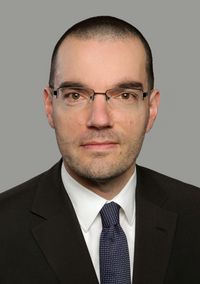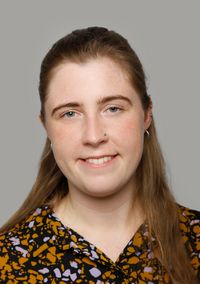Duration: 2021 – 2025
The CDRSynTra project is funded by the Federal Ministry of Research, Technology and Space (BMFTR).
Removing CO2 from the atmosphere (Carbon Dioxide Removal, CDR) is essential to achieving greenhouse gas neutrality in Germany, Europe and globally. A wide range of terrestrial, geological, material-based and marine CDR approaches have been proposed, and the scientific understanding of each method varies greatly. CDRSynTra brings together the evidence generated in the BMBF funding line CDRterra, which focuses on land-based methods. The goal is to comprehensively and consistently assess the potential risks and benefits of a portfolio of CDR methods. This will provide a basis for developing an ecologically sound, and economically and politically robust mix of CDR methods. Within CDRSynTra, the SWP project team focuses on governance and policy instruments for CDR, primarily in the context of German and EU climate policy.
EU/Europe (Senior Fellow)
Research Cluster Climate Policy and Politics (Head)

Global Issues (Research Assistant)
Research Cluster Climate Policy and Politics (Associate)

doi:10.1038/s43247-024-01527-z
doi:10.17605/OSF.IO/F85QJ
doi:10.1080/14693062.2024.2353148
doi:10.1038/s41558-024-01984-6
doi:10.1038/s41558-024-01993-5
doi:10.18449/2024C14